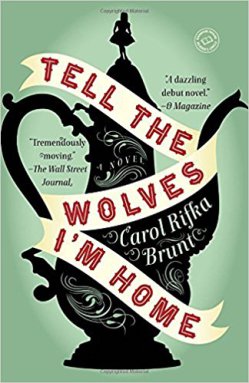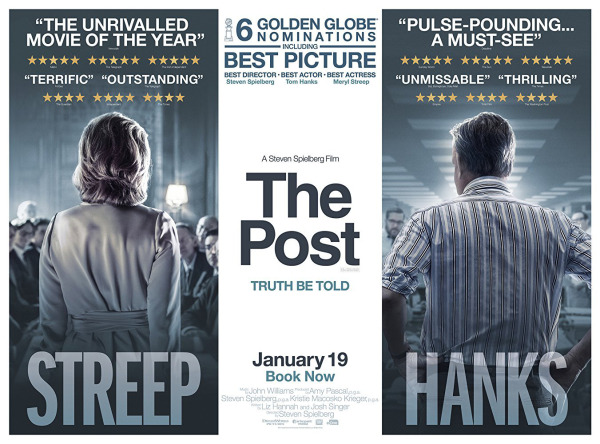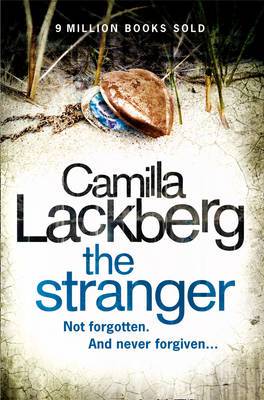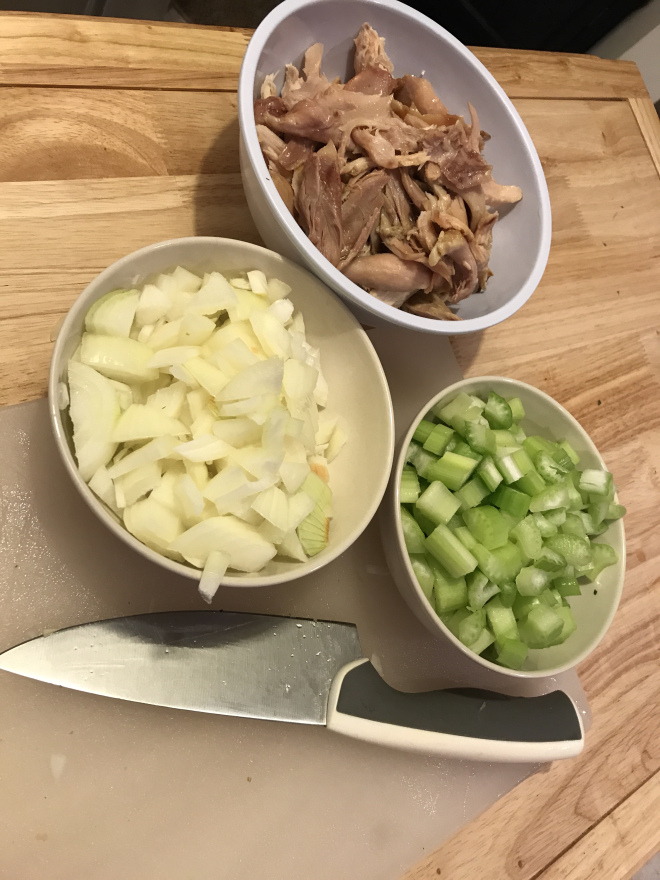We’re about to get a lot of this, I’m thinking as I read Margaret Drabble’s The Dark Flood Rises (2016). Stories full of old people, that is, as a certain generation of authors gets old. Not that literature doesn’t have elderly characters — King Lear, The Stone Angel‘s Hagar, Gilead‘s John Ames come to mind — but I can’t recall reading a novel where aging is so relentlessly the theme.
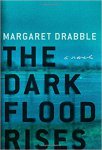 Fran, 70ish, is center of a cast of mostly older folk being older in their individual ways. She races about the country assessing care homes for the elderly on behalf of a charitable trust, another person luxuriates in bed, and so on. Not much happens, though that’s not quite true — there are two falls, one hip surgery, and two deaths, plenty of drama for those affected. But in terms of plot, these developments are inevitable and inevitability is no page turner. Flood threatens, as the title suggests, be it a migrant inundation, a potential earthquake beneath the Canary Islands, or the swell and fate of the elderly.
Fran, 70ish, is center of a cast of mostly older folk being older in their individual ways. She races about the country assessing care homes for the elderly on behalf of a charitable trust, another person luxuriates in bed, and so on. Not much happens, though that’s not quite true — there are two falls, one hip surgery, and two deaths, plenty of drama for those affected. But in terms of plot, these developments are inevitable and inevitability is no page turner. Flood threatens, as the title suggests, be it a migrant inundation, a potential earthquake beneath the Canary Islands, or the swell and fate of the elderly.
I admire Drabble’s work; the book has good reviews. As sociology, it rings accurate, if rather pessimistic. (“The feeble…are outweighing the hale…. It’s a dystopian science fiction scenario, a disaster movie.”) But I find myself ambivalent. Maybe I’m too much like the novel’s Jo, who teaches a poetry class “On Old Age and the Concept of Late Style,” supposing it might be “ennobling or comforting or bracing,” only to find “it threatens to be lowering, this emphasis on age… depressing.”
As “old” in fiction begins to catch my eye, what am I hoping to see? What do I want from literature for this time? Is it realistic to hold out for nobility, comfort, a brace?
Share this: